A month and a half ago, I sent a post on LinkedIn that I would do free career mentoring sessions for anyone who wants it.
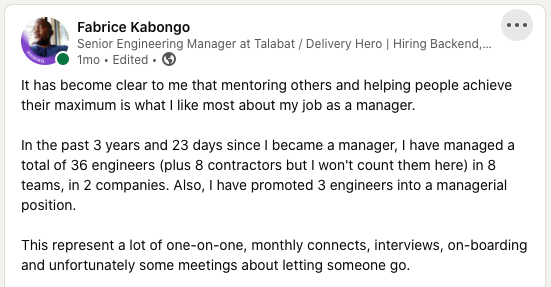
I aimed to share my experience with them and learn from their experiences and challenges. So I set up a Calendly event and shared it with them.
Since I shared the link, I have had calls with 12 people, some more than once. They were all in technology in some way or another; here is the spread:
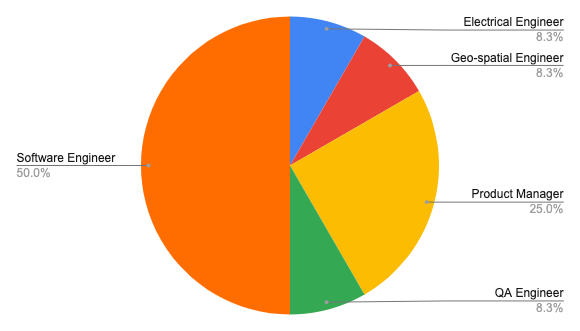
I will list the things I have learned running these sessions.
Managers need to skill up.
Many people I mentored raised issues they should have solved with their managers, but managers aren't good enough. We need to train our managers better so they can take better care of our engineers.
We have all heard that people leave bad managers, not bad employers. This sentence has never been more true than during this pandemic. We need a new breed of good people managers, not just great engineers.
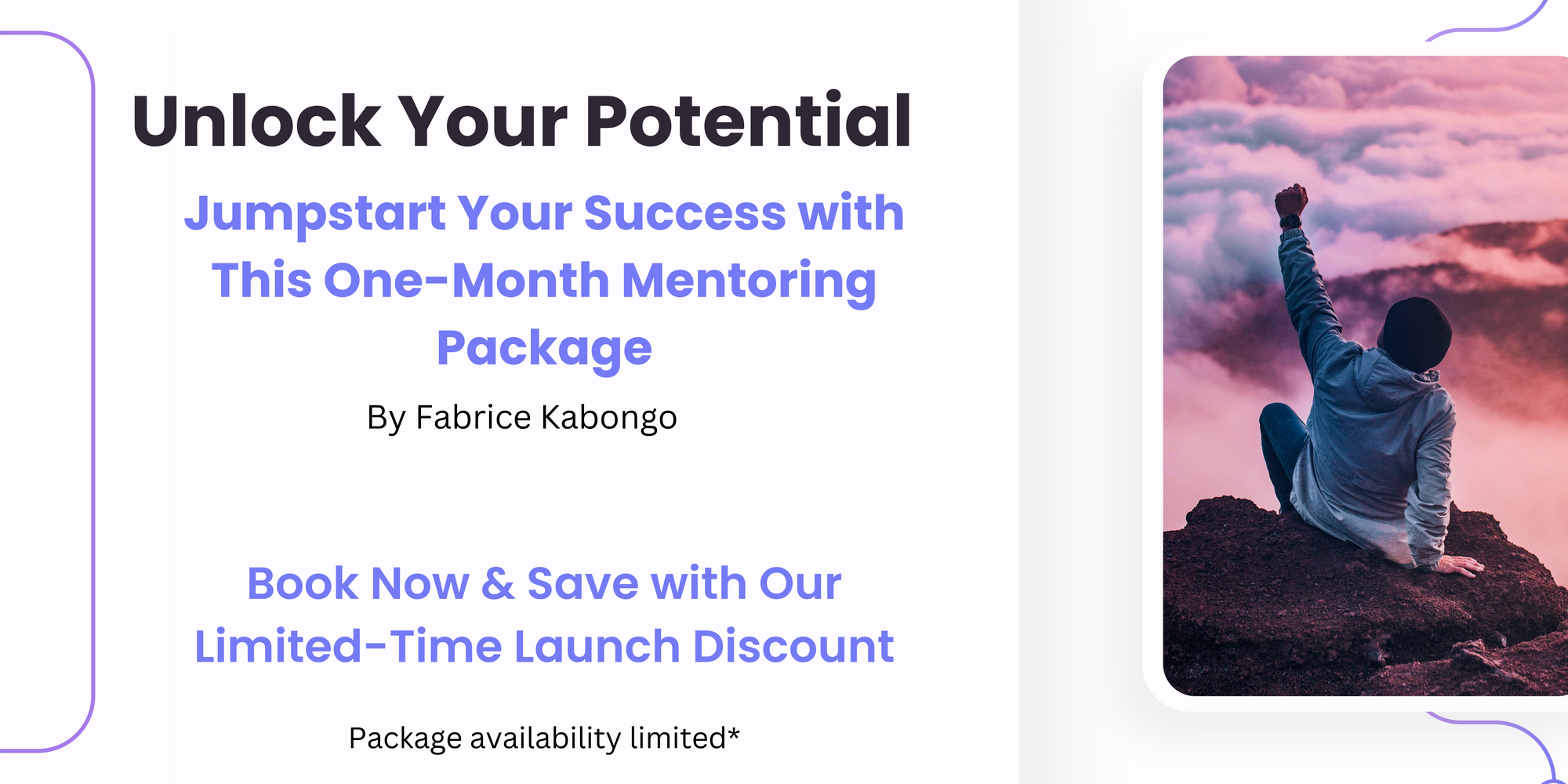
The root cause? Not the managers. All of them are trying hard to do their job with what they have.
We need to train our managers better and provide them with support in the complex decisions they have to make (like firing people). There are books about management, but we need to put a lot more effort into this.
I launched an M-zero program to train and mentor aspiring managers in my current job. Help them ease into the position.
More companies should do it (I know I'm not the only one to do it, but everyone should).
Our industry needs a universal career matrix.

Most companies have career levels that they use to estimate people's salaries and benefits. Some companies took the time to define a list of expectations for those levels with various levels of clarity and quality.
A few companies are actively using these expectations to guide the growth of their engineers.
There is still a problem; these career matrices aren't compatible. Every time an engineer changes organization, they have to learn everything again. It makes things hard; even the hiring process is complicated.
Organizations have different levels of expectations. For example, they give promotions to engineers and name them principal or senior when these people still need more guidance.
It makes it harder for them to accept lower positions in organizations even though that's what they deserve, and that is the best choice for them if they want to grow.
Engineers need a learning framework.
Let's say we get that standardized career path for engineers, and we all agree with it. We need to help engineers navigate that career matrix. We need a simple answer: "how to you grow as an engineer?".
So while mentoring one of the engineers, I put down a growth framework—a small step-by-step guide to being the star employee at work.
It focuses on the developer's ability to bring value. I then expanded it into five main activities:
- Release good working software;
- Help in planning projects;
- Mentoring other employees;
- Use in daily operations;
- and bring product ideas.
For each of these activities, I give guidelines on how to learn to do them correctly.
But, as Henrik Ibsen said, A picture is worth a thousand words: So here is my simple guide to being a sound engineer.
Here is the guide (click to expand):
This article is a dump of everything that came to mind after all these sessions. So please, throw feedback at me!



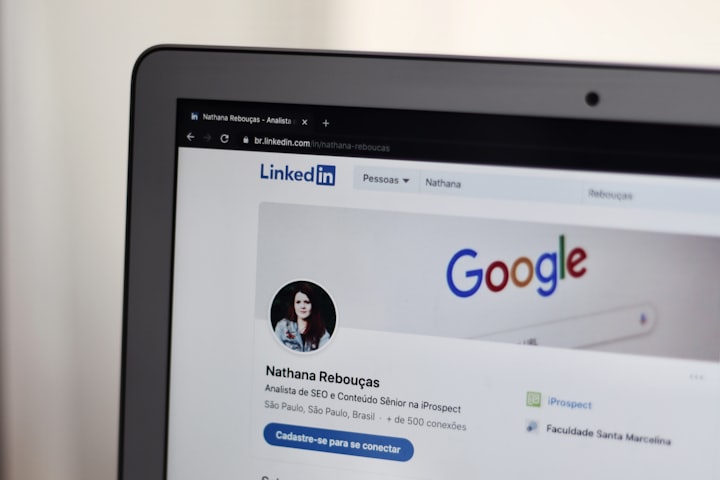
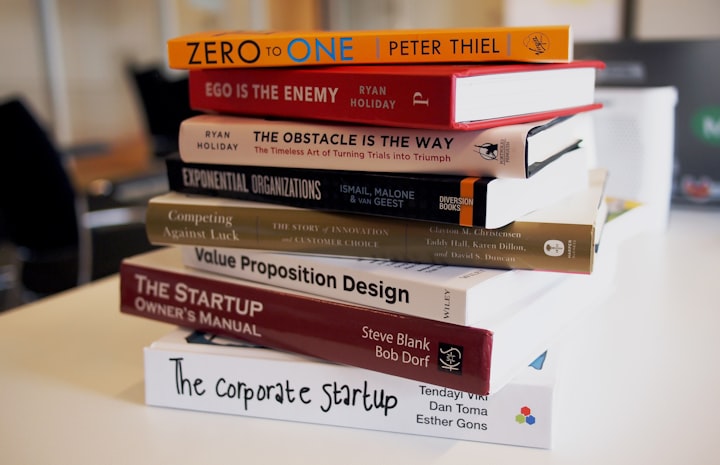
Comments ()